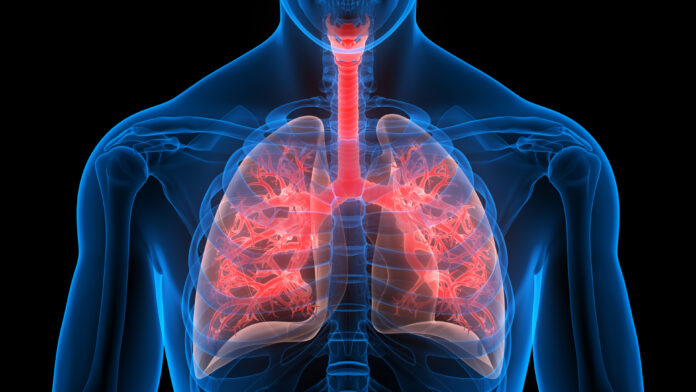
In another sign that biotech dealmaking is picking up, GSK announced they are acquiring Canada-based BELLUS Health for $14.75 per share of common stock, for a total value of $2.0 billion. The acquisition provides GSK with camlipixant. BELLUS’s only product in development, camlipixant is a P2X3 antagonist currently in Phase III for first-line treatment of adult patients with refractory chronic cough (RCC).
“As a leader in respiratory research for over five decades, GSK shares our commitment to bettering the lives of individuals suffering from a persistent cough and is the ideal company to rapidly bring camlipixant to the millions suffering from refractory chronic cough around the world,” said Roberto Bellini, CEO of BELLUS, said.
It is estimated that 28 million patients suffer from chronic cough, with 10 million patients globally and 6 million in the United States and European Union suffering from RCC for over a year.
RCC is a cough that persists for more than eight weeks despite optimal treatment of any underlying conditions or where there is no identifiable underlying cause. Cough hypersensitivity syndrome—excessive coughing, often in response to relatively innocuous stimuli—has been identified as the primary pathology in RCC.
RCC is a frequent, yet often under-recognized, medical condition with significant physical, social, and psychological consequences on a patient’s quality of life. Two-thirds of patients are women averaging between 50–60 years old. There are currently no approved treatments for this condition in the United States or the European Union.
“Patients suffering from severe forms of refractory chronic cough can experience over 900 coughs daily, resulting in quality-of-life issues. Camlipixant, a novel, highly selective P2X3 antagonist, has the potential to be a best-in-class treatment with significant sales potential. This proposed acquisition complements our portfolio of specialty medicines and builds on our expertise in respiratory therapies,” said Bellini.
P2X3 is a validated biological target implicated in cough reflex hypersensitisation. Current clinical data show that by selectively inhibiting P2X3 receptors, camlipixant may reduce cough frequency for patients suffering from RCC with a relatively low incidence of dysgeusia, the taste disturbance adverse event associated with other medicines that broadly target the P2X2/3 receptor. These taste disturbances frequently lead to patients discontinuing treatment. Notably, low rates of taste-related adverse events were reported at all doses in the Phase IIb trial (≤6.5%).
Following the anticipated regulatory approval and launch of camlipixant in 2026, the acquisition is expected to be accretive to adjusted EPS from 2027 and has the potential to deliver significant sales through 2031 and beyond.
In December 2021, BELLUS announced positive data from the SOOTHE Phase IIb trial, indicating that it met its primary endpoint for the 50 mg and 200 mg twice-daily doses. Based on these data, BELLUS initiated the CALM Phase III development program consisting of the CALM-1 and CALM-2 trials, with data anticipated in H2 2024 and 2025, respectively. BELLUS is also evaluating a once-daily formulation for camlipixant, which is currently in Phase I.













